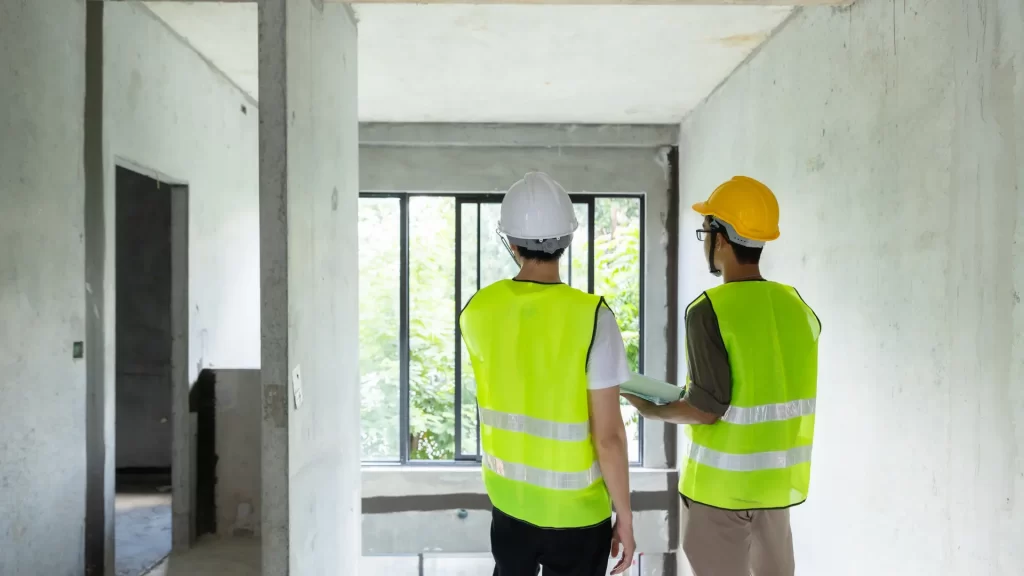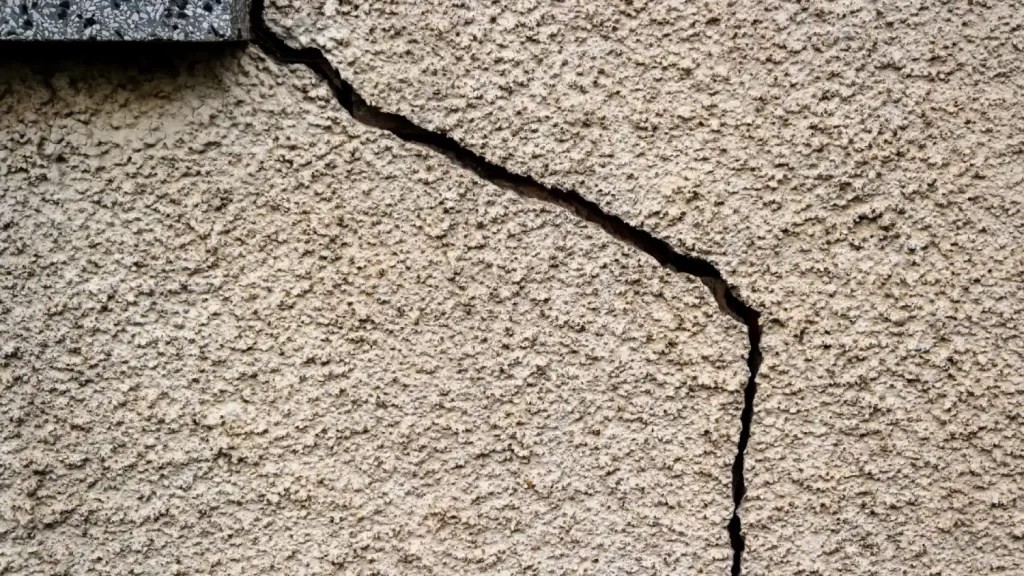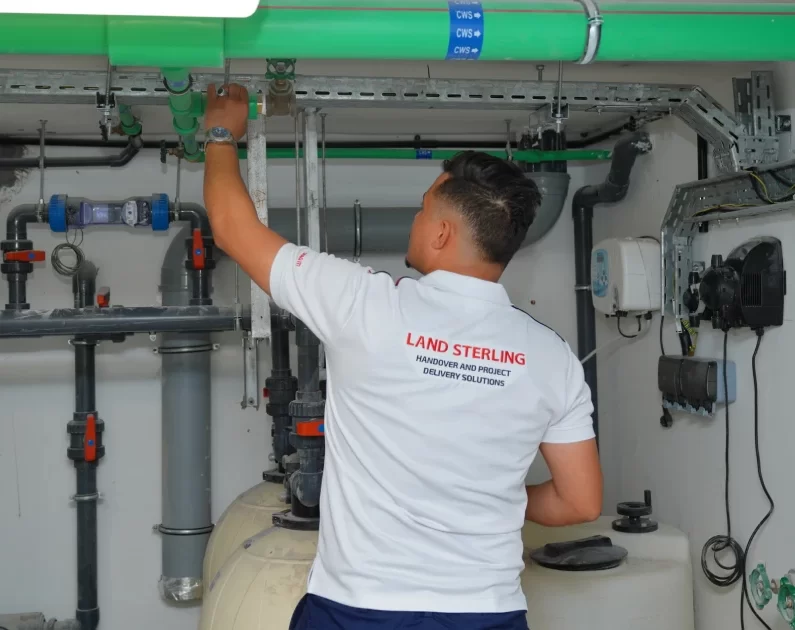Buying or selling a residential property in Dubai requires you to conduct a property valuation to negotiate a deal that protects your interests. Without residential property valuation, you doubt the feasibility of the real estate investment deal.
According to reports released by the Dubai government, the Dubai Real Estate market witnessed a historic high in the number of real estate transactions in 2021, reaching over 84,196 with a total value of almost AED 300 billion.
Compared to 2020, there was an impressive increase of 66.3% in the volume of transactions and a 72% increase in their value. Year-on-year, the increase in value was 110.19%, while the increase in sales volume was 74.77%.
When it comes to finding the value of residential property in Dubai, there are a lot of ways that you can use it. The choice of valuation method depends on the type of property that you want to buy or sell. This article aims to guide you through the property valuation process and introduce the most effective techniques for determining the estimated value of your residential property.
What is Residential Property Valuation?
Residential property valuation is an essential part of the property transaction process that makes the transition negotiations simple and easy for all parties involved. Residential property valuation lets sellers know about the strengths and weaknesses of the property, which helps determine the accurate value of the real estate. Along with that, valuations can also give insights into how residential property owners can increase the value of their property. Property buyers in Dubai can benefit from independent residential property valuation as it helps them learn about the offer they should give for the property. It helps buyers avoid getting scammed when buying a residential property.
Types of Residential Real Estate Valuation Methods in Dubai
1. Sales Comparison Approach
According to this approach, the prior sale of comparable properties is the best way to find the estimated value of a property. The valuer considers the recently sold residential units and compares their price to present an estimate for your residential unit. Typically, it is advised that the valuer should consider the 3 latest sales of similar properties to give the estimation. The final value can vary based on the individual features that a residential property has in terms of design and overall build.
2. Cost Approach
The cost approach helps determine the market value of the residential property if there are no comparable properties to find the estimate. In this method, the valuer considers the costs of rebuilding the identical building structure from scratch. The cost of the identical structure should include that of the land and the number of materials required to finish the build. For ideal results, this method is best suited for new buildings. Older buildings are constructed using old and dated materials so this valuation approach won’t be effective for such residential units.
3. Income Approach
The income approach for residential property valuation considers the potential revenue that a building can generate. This valuation approach works best for residential units with multiple doors, i.e., apartments. The income appraisal approach has two different formulas for market value calculations. These include the direct capitalization approach and the yield capitalization approach. Since this valuation method considers the revenue generation for value calculation, it is recommended for something other than owner-occupied residential properties.
4. Price Per Square Foot
The price per square foot for a property is calculated by dividing the estimated property price by the total square footage available. For owner-occupied properties, it includes everything within the premises of the building. For residential rental properties, price per square-foot calculations involves tenant-occupied areas and those under common usage, i.e., stairs, lifts, parking lots, and lobbies. Valuers use this valuation method with another valuation approach as it only works best as a secondary property valuation method.
See related: Importance of residential property valuation
Benefits of Hiring Expert Residential Property Valuation Services
Here is a brief overview of the residential property valuations services:
1. Get Accurate Property Value
Residential property valuation gives you complete details regarding the value of a property based on its condition, type, size, real estate market trends, and more. Property valuation helps buyers and sellers in making informed decisions regarding real estate investment.
2. Reliable Valuation Reports
The residential property valuation process results in a comprehensive valuation report that includes important details regarding the property, including its value, condition, and inspection details. Based on the insights presented in the report, sellers can decide on potential improvements that they can make to increase the property value.
3. Plan Ahead
Residential property valuations enable property sellers to stay ready to avail themselves of any opportunities that might come up. If you don’t have an idea regarding the property value, you may end up missing out on profitable real estate deals.
Conclusion
Residential property valuation is essential for determining the value of a property as per the local real estate market conditions and the price of comparable properties. A professional property valuer knows the available valuation methods for residential properties. They recommend the ones that would work the best for you, as per the property type and structure. Get in touch with Land Sterling for professional residential property valuation services in Dubai, UAE.











